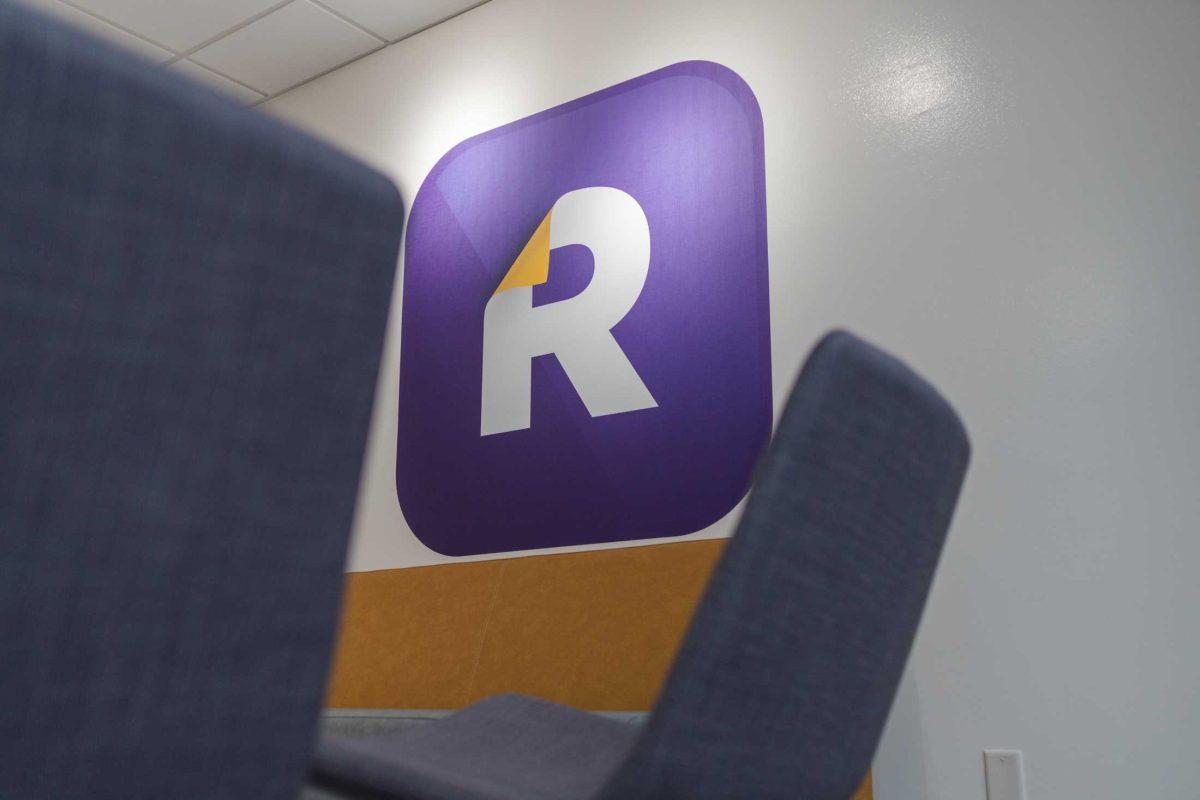Just last Wednesday, a bill cleared a vote in a Belgian Senate committee that would extend the right to request euthanasia to children suffering terminal illnesses and adults with dementia, according to CNN.
Can you imagine being given the choice to end your life as a child? This is uncivilized and barbaric. We need to be prepared to fight these issues, should they arise in our own communities, so our children do not face such burdens.
Euthanasia, the direct killing of a person usually by lethal injection, is currently illegal in the US, and we need to keep it that way.
The greatest problem with euthanasia — according to Euthanasia Prevention Coalition executive director Alex Schadenberg — is someone’s having power over another person. While the patient may choose to request death, someone else makes the decision that the patient is right that his or her life is not necessarily worth living.
The patient gives the physician the power to cause death. That is a huge amount of power granted to physicians, especially in a society that values equality.
Doctors are not gods, and they frequently make wrong diagnoses and prognoses. Patients given a month to live have lived months, even years, more than expected.
The suggestion that one’s life is not necessarily worth living anymore is a heavy psychological burden on those already vulnerable and unwell, especially the elderly and/or disabled. Some feel pressured by the euthanasia option because they fear being a burden on their families.
The committee approval of the Belgian bill reveals prejudice against vulnerable and disabled people.
“My life is considered being of intolerable suffering, regardless of the fact that the doctor in question who said that didn’t even ask me the question whether or not I was,” said Dr. Kevin Fitzpatrick, director of the Euthanasia Prevention Coalition Europe, after a recent debate.
Pro-euthanasia lobbyists appeal to emotion by using cases of extremely ill individuals. As the Euthanasia Prevention Coalition Europe says, these “hard cases” are not representative of most people, and “hard cases make bad law.”
Law must be general.
In January, deaf twin brothers chose to be euthanized when they were both quickly losing their eyesight and couldn’t bear the thought of being unable to see each other again, according to a report by The Telegraph.
When individualized psychological circumstances are used as justification, denying anyone euthanasia is discriminatory.
To an individual, his or her own suffering may feel unbearable, giving him or her grounds to opt for euthanasia.
Without a written standard of what “unbearable psychological suffering” means, how can physicians tell one patient his suffering is any more tolerable than anothers?
Even in a culture where choice is the word that trumps all, there must be a time when the responsible, ethical role of the physician is telling the patient that choosing death for him or herself is unreasonable.
Paul Russell, the director of a coalition group based in Australia, said euthanasia has become a part of the Belgian cultural landscape.
Legalizing euthanasia trivializes the value of life and death in a culture. Death is far too sober and irrevocable a decision to be written off as a medical treatment.
The last thing a depressed, vulnerable, disabled person, much less a child, needs is for someone to say, “Oh you think your life isn’t worth living? I suppose you may be right. Let me help you end it.”
According to Euthanasia Prevention Coalition Europe, persistent requests for euthanasia are extremely rare if people receive proper care. We need to focus on caring for people, not writing them off.
Sometimes what people need to hear isn’t someone agreeing with their own choices and judgments of their circumstances, but rather the truth that their lives are valuable.
Opinion: Euthanasia should remain illegal in the U.S.
December 3, 2013
Doctors visit a patient at the intensive care unit of the Queen Fabiola Children’s Hospital in Brussels, Monday, Nov. 25, 2013. Two committees of the Belgian Senate say the country’s euthanasia law should also apply to children in certain cases. A joint meeting of the chamber’s committees of social affairs and justice on Wednesday approved the proposal. (AP Photo/Yves Logghe)
More to Discover










